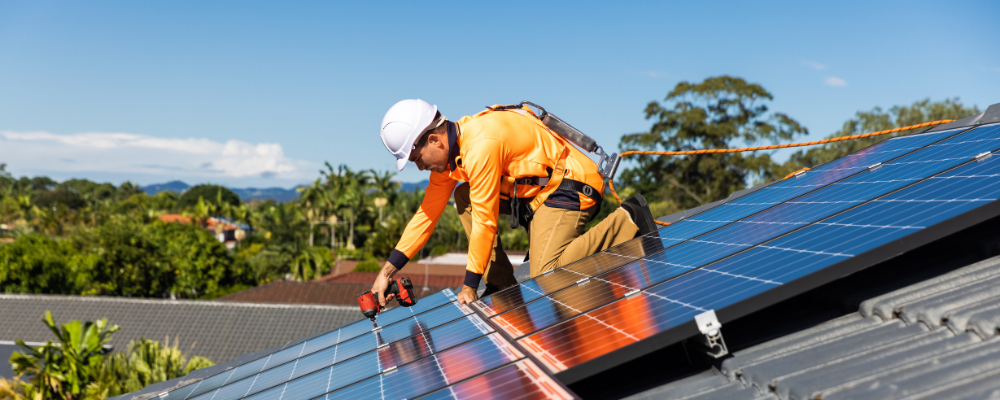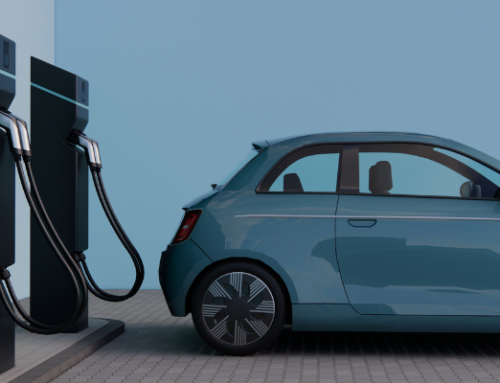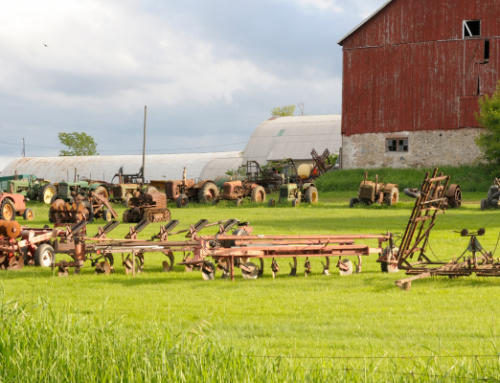It’s easy to understand why demand for solar power is on the rise. Energy costs are soaring, and in the midst of a climate crisis, there is growing recognition that we need to increase the proportion of our energy that comes from renewable sources.
The government has inherited long-term plans introduced by the previous Conservative administration for a five-fold increase in solar capacity by 2035. Organisations across the country are doing their bit, with solar panels installed at an average of 800 sites per working day during 2023.
While it is unclear exactly how many village halls have installed rooftop solar panel systems, the number has been rising steadily, helped by a wide range of national and local grant schemes, from the Platinum Jubilee Village Halls Fund to a National Lottery funding package unveiled at the start of 2025. In Northumberland alone, there are plans for solar installations at 100 rural sites across the county, including many village and parish halls.
The benefits and the risks
There are many reasons why solar panels are particularly attractive to community buildings such as village halls. Because of their size and the activities they host, village halls typically use a lot of energy. And because the fabric of these buildings is often older, they can be less energy-efficient than many similar-sized buildings.
Installing solar panels allows village halls to offset a significant proportion of their energy costs by generating electricity and storing any excess. Solar panel systems can also demonstrate village halls’ commitment to being environmentally responsible.
But there are risks to consider. While fires involving solar panels remain relatively rare in proportion to other types of property fire, they are happening far more frequently than they did a decade ago. One report identified that fires involving solar panels increased six-fold between 2013 and 2023.
When a fire involving solar panels does occur, it can often be particularly challenging for firefighters to deal with, as we have discussed in previous News and Insight articles (see The challenges and risks of solar panels). These challenges can be exacerbated if, for example, the system has not been installed in accordance with the manufacturer’s instructions, or if the panels have been mounted on a roof containing combustible materials. Challenges and delays in firefighting can increase the risk of more substantial property damage, and the time and cost of subsequent repairs.
Questions to ask yourself if you are considering solar panels but haven’t chosen a contractor:
- What material is your roof? Make sure you understand what materials your hall roof is made of and seek expert guidance if unsure. Ideally, panels should only be installed on non-combustible roofs but solar panels should never be installed on a roof containing highly combustible materials, such as polystyrene insulation.
- How much weight can your roof bear? The design of your solar panel system must also take into account the load-bearing capacity of your roof. Many roofs, particularly on older buildings, are simply not designed to take the significant extra weight of an array of solar panels.
- Does your roofing company work with the solar panel installer? For new village hall builds, ensure there is close co-ordination between the roofing company and the solar panel designer/installer (ideally, this should be the same company).
- Does your contractor work safely? Ask potential contractors how they adhere to industry best practice and regulations, and seek evidence that they are an accredited solar panel installer, e.g. through the Microgeneration Certification Scheme (MCS).
Once you’ve chosen a contractor, consider the following:
- Can the solar panels be easily accessed? Make sure the design and installation of your system allows access for roof maintenance and cleaning. Even ‘self-cleaning’ panels – i.e. panels with a hydrophobic coating to protect the surface – will require cleaning from time-to-time.
- How will they be maintained? Ensure there is an appropriate system of maintenance and periodic electrical inspection.
- What happens if there is a fire? Keep and regularly update an emergency fire response plan. Incorporate this plan with your building’s fire risk assessment. How will you make make it easier for firefighters to deal with a fire? You should consider access to the roof, and the location and availability of information about the solar panel system. This should include ensuring there is an easily accessible DC isolator switch/circuit breaker or “fireman switch” to enable the current from the panels to be isolated remotely. If the switch is somewhere hard to access, e.g. a loft or roof space, this could delay firefighting operations.
We are here to help
Please do get in touch if you would like to know more about how we can support you and your business.
This article was adapted from an article by Zurich which can be found here.




